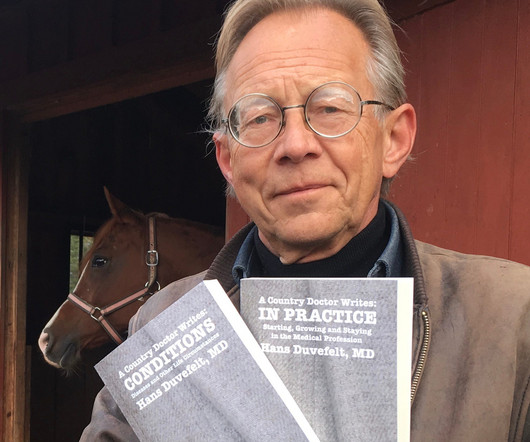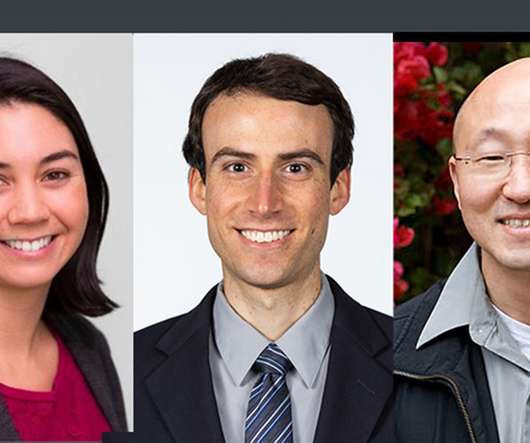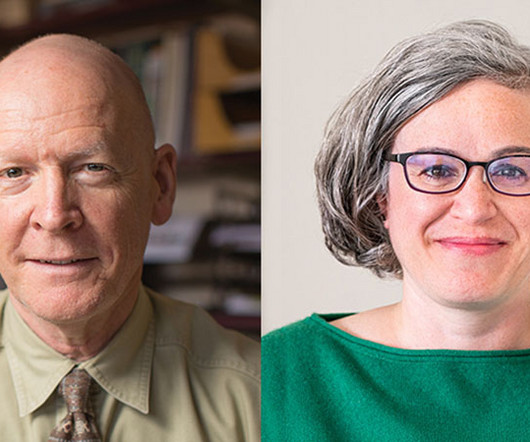“The physician–patient encounter is health care’s choke point” -NEJM
A Country Doctor Writes
JUNE 21, 2025
Six years ago, I wrote the essay below about an article I read in the New England Journal of Medicine. This week’s Journal has a very profound article about why healthcare has not evolved through its technology the way other sectors of society have. We meet people where they are and in many different ways.






























Let's personalize your content